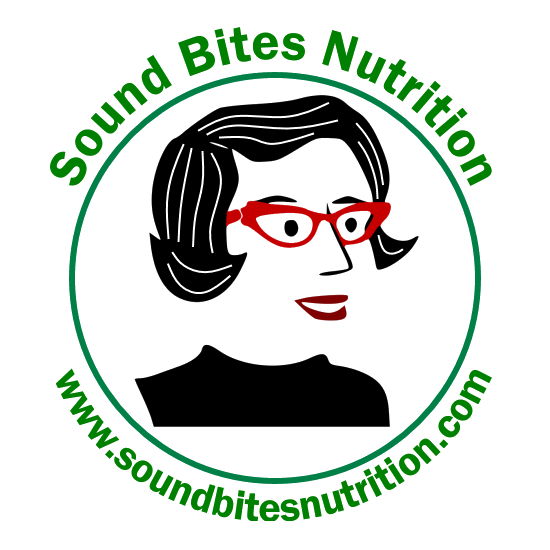Build a better breakfast
I am often told by clients that they either don't have time for breakfast or they are bored with what they currently eat. So, they skip it or end up at "fill in the blank" drive through for this very important meal.You've likely heard that breakfast is the most important meal of the day because it improves focus, regulates blood sugar and kick starts your metabolism. What you may not know is that breakfast eaters also have a lower risk for heart disease. In a recent Harvard study of over 26,000 males, respondents that reported not eating breakfast had a 27% higher risk of heart attack. Researchers believe non-breakfast eaters likely eat more later in the day, resulting in metabolic changes.Below are some simple tips to build a better breakfast.Bite thisEggs. Eggs are often blamed for their cholesterol count. And while this is true, egg-eaters tend to have better blood sugar regulation in the morning.Not thatBreakfast cereal. This sounds ridiculous, but most breakfast cereals are highly processed- resulting in a quick rise, then drop in blood sugar. If you insist on cereal, include some chopped nuts or an egg on the side for some protein.Bite thisWhole fruit. Including fruit at breakfast improves fiber, vitamin, mineral AND fluid intake. Choose a variety of seasonal fruits. Citrus, pears and bananas are great this time of year.Not thatJuice. I am not sure why (and deeply annoyed about) the whole juice craze. I get it if you are vegetable hater, or have no teeth, but for the majority of us that can chew and digest food normally, it's better to eat your calories than drink them. I suggest juicing to my clients that are trying to gain weight, not maintain or lose it.Bite thisPeanut butterRecent research suggests that enjoying peanut butter in the morning provides more satiety than other breakfast fare. Limit to 1-2 Tbsp. due to fat and calorie content. Luckily, most of the fat in peanut butter is mono-unsaturated. Go for natural types with oil on the top. These have minimal ingredients, including no molasses or added sugar and no palm oil.Not thatSweetened yogurt. I am a big yogurt fan, but not if it's loaded with sugar. Soon, the FDA will be overhauling labels and sugar on a label will be listed in tsp. VS grams. For now, remember every 4 grams of sugar equals 1 tsp. of added sugar. Go for yogurt without fruit on the bottom if possible and add your own frozen berries.Bite thisNuts. Recent research finds that individuals don't absorb 100% of the fat in almonds. Chopped nuts of any kind are great in cereal or yogurt as they boost protein, fiber and mono-unsaturated fat content.Not thatGranola. While granola seems healthy, most are high in sugar, fat and calories. You can certainly make your own, but limit the serving size. Even a half cup can contain up to 200 calories.Drink thisCoffee or tea. Both beverages contain powerful disease-fighting phytochemicals and have been found to reduce the incidence of heart disease. What matters is what you add to your coffee or tea. Limit sugar, cream, artificial sweetener and syrups. Add some skim or 1% milk or flavored soy milk to boost calcium and protein.Not thatSoda (regular OR diet). While many people aren't coffee or tea drinkers and may go for regular or diet soda in the morning, studies show that individuals drinking 2 regular sodas/day have a 50% increase in heart disease than non-drinkers. And if you think the diet is better, think again. Diet soda has also been linked with metabolic abnormalities (ie blood sugar) as well as weigh gain in the abdomen. Just say no to soda if you can.

